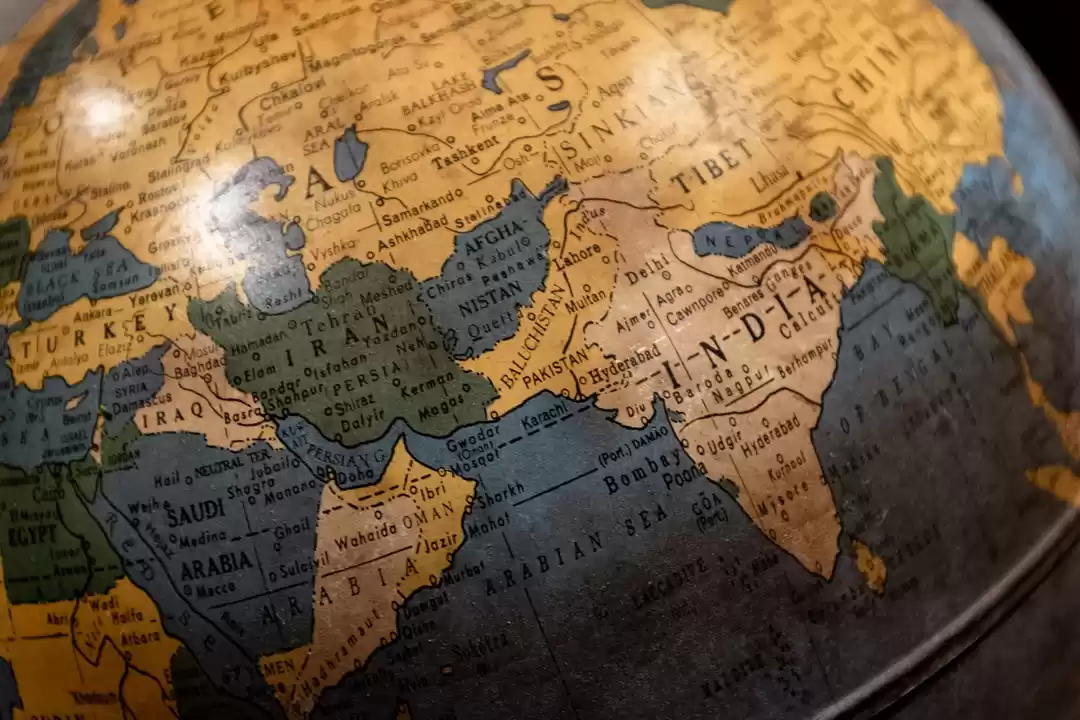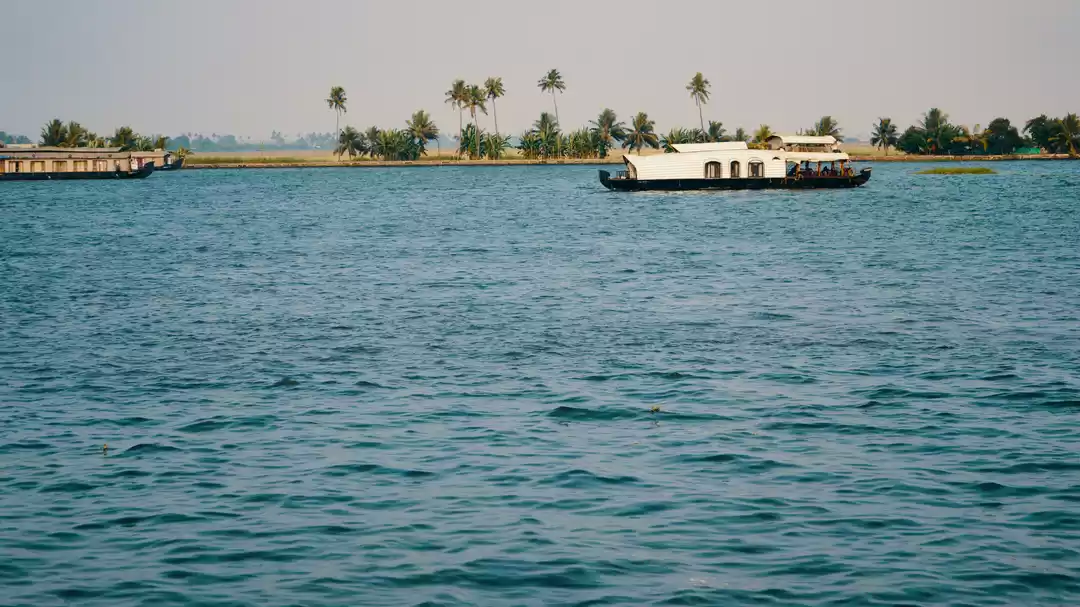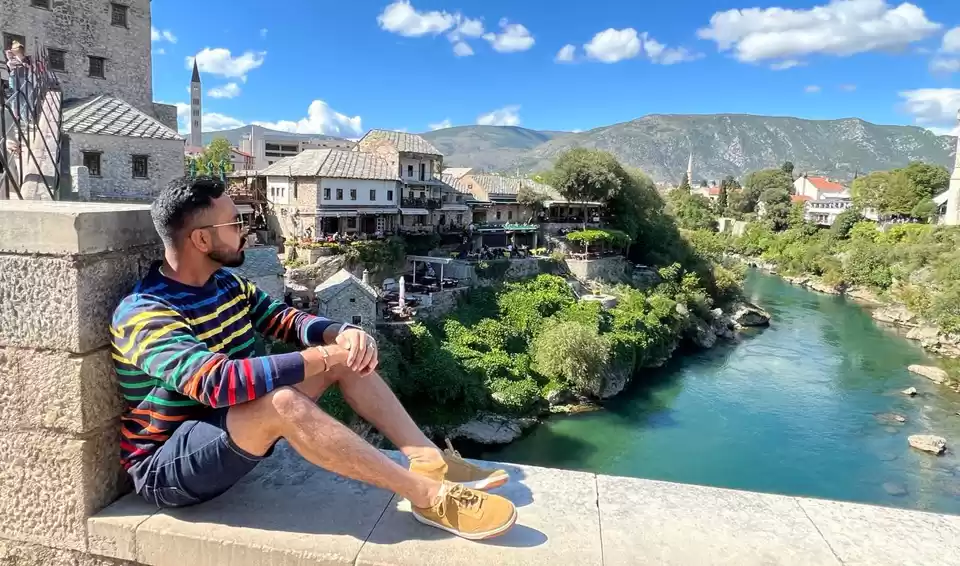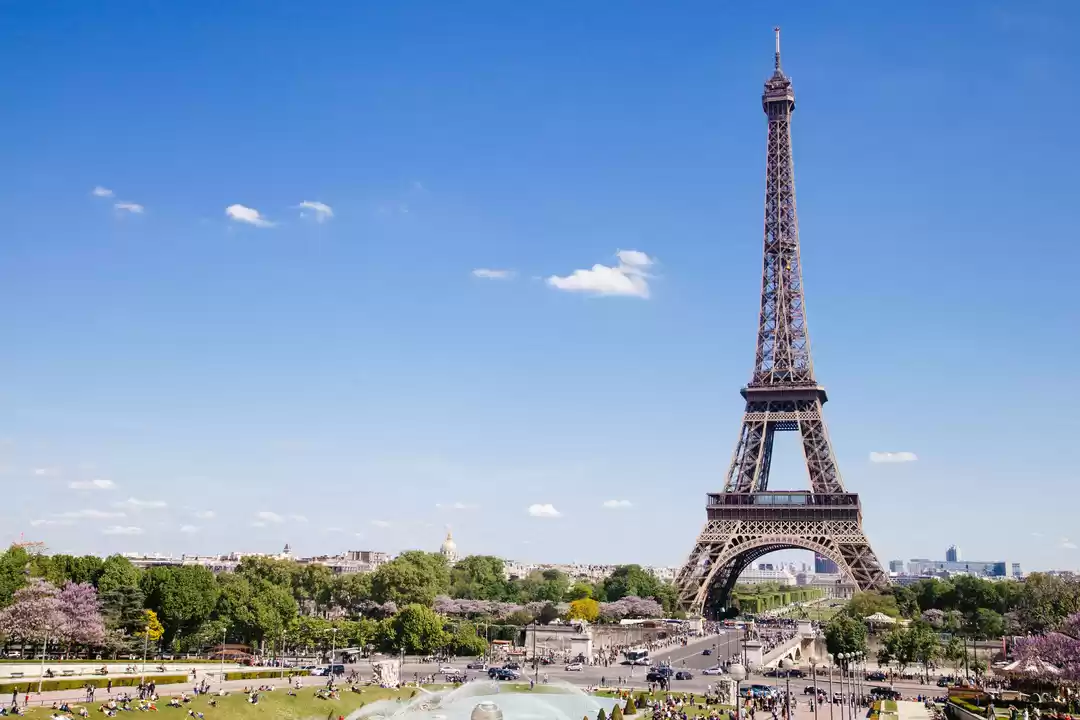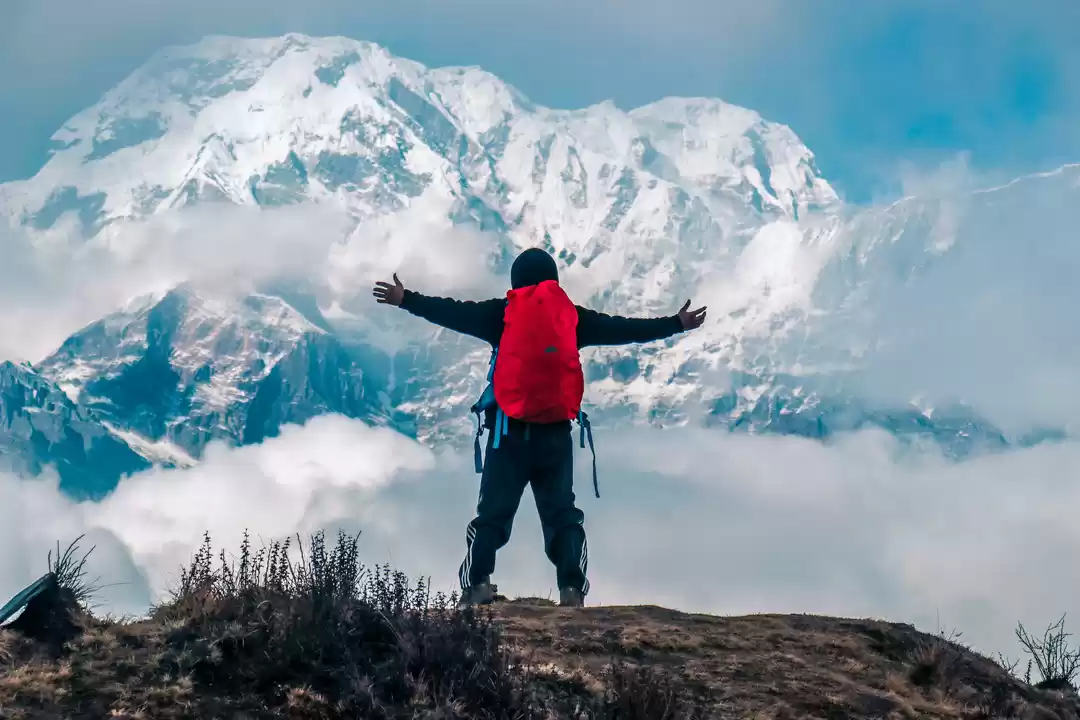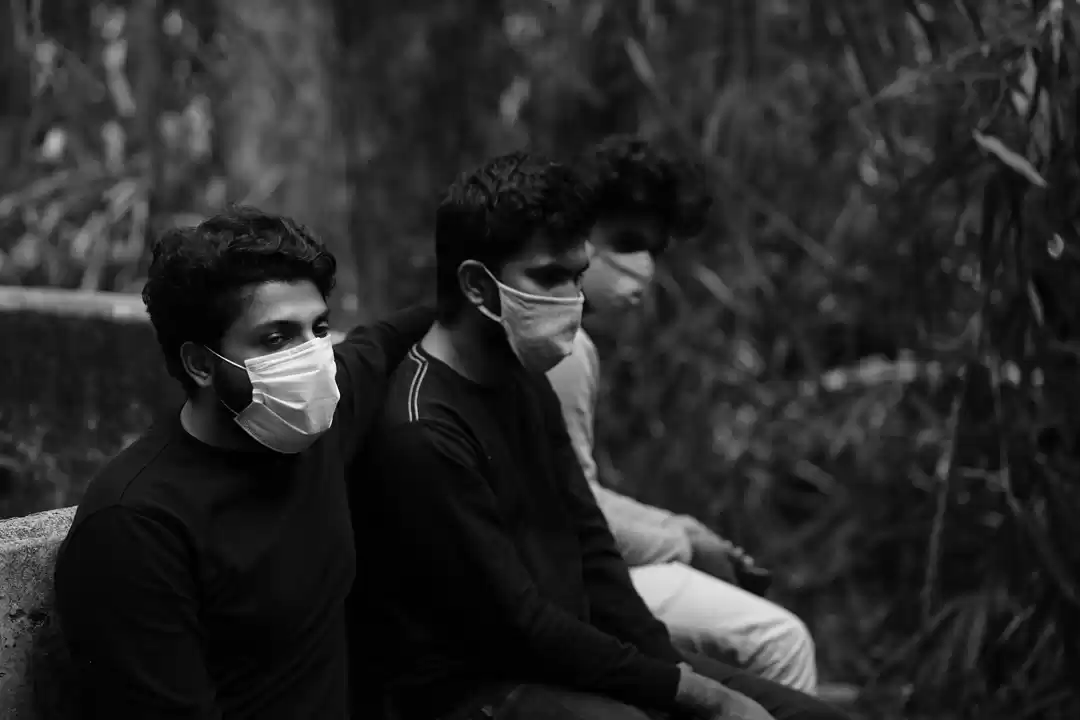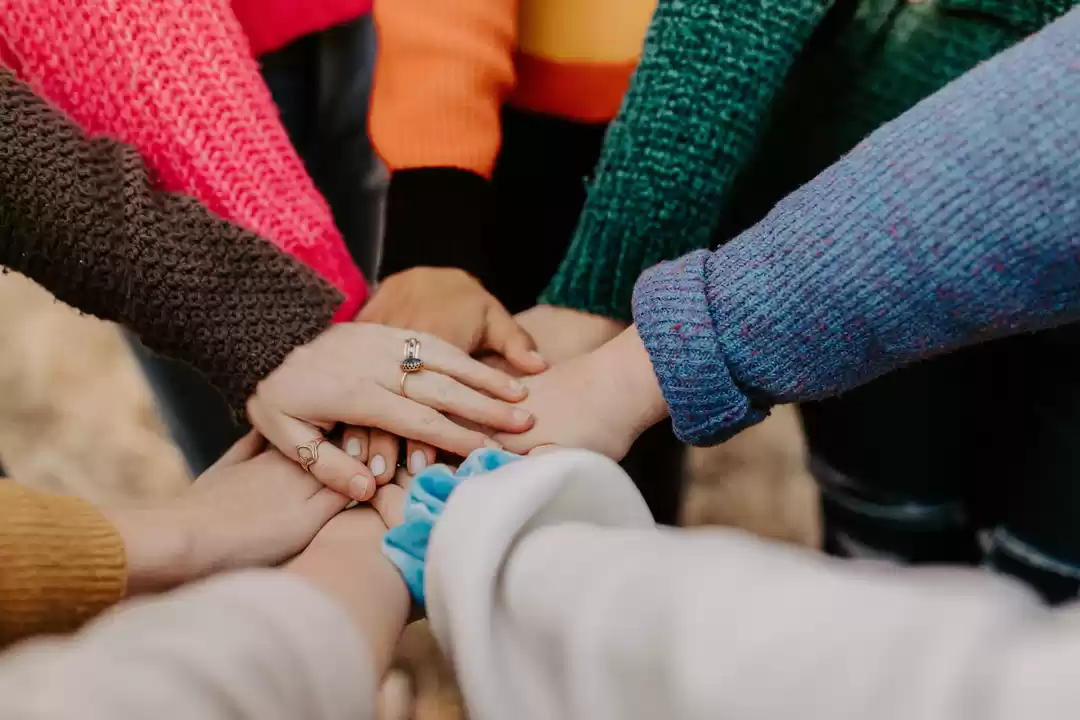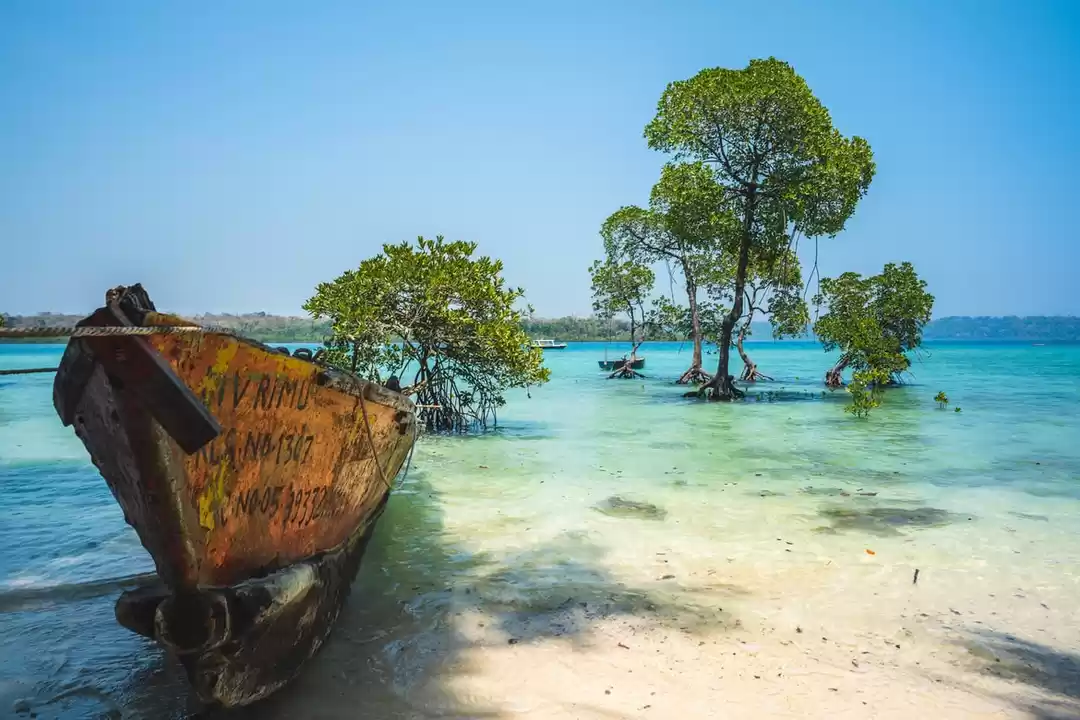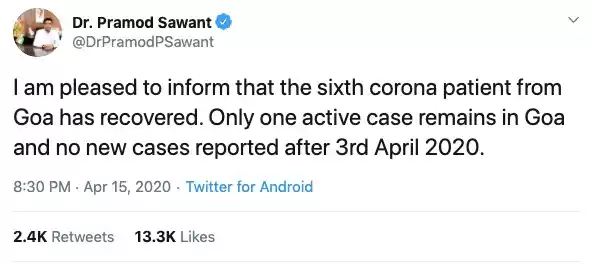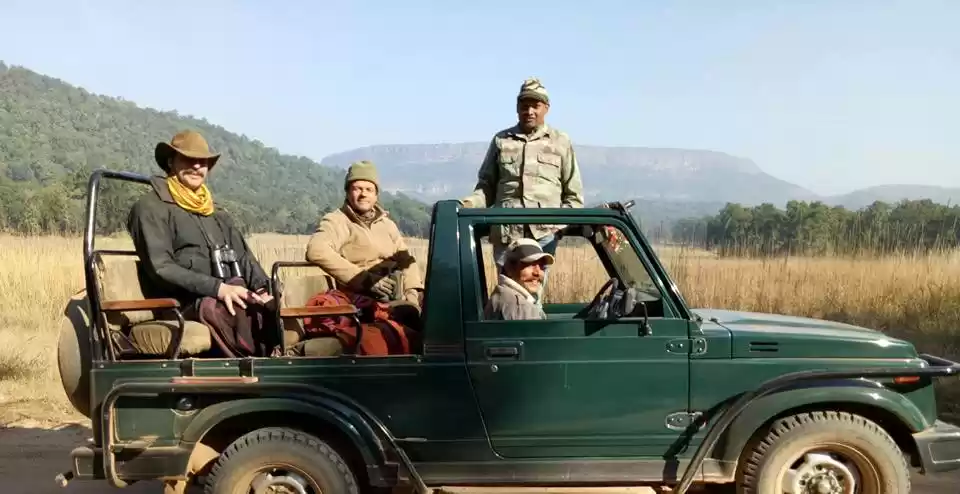
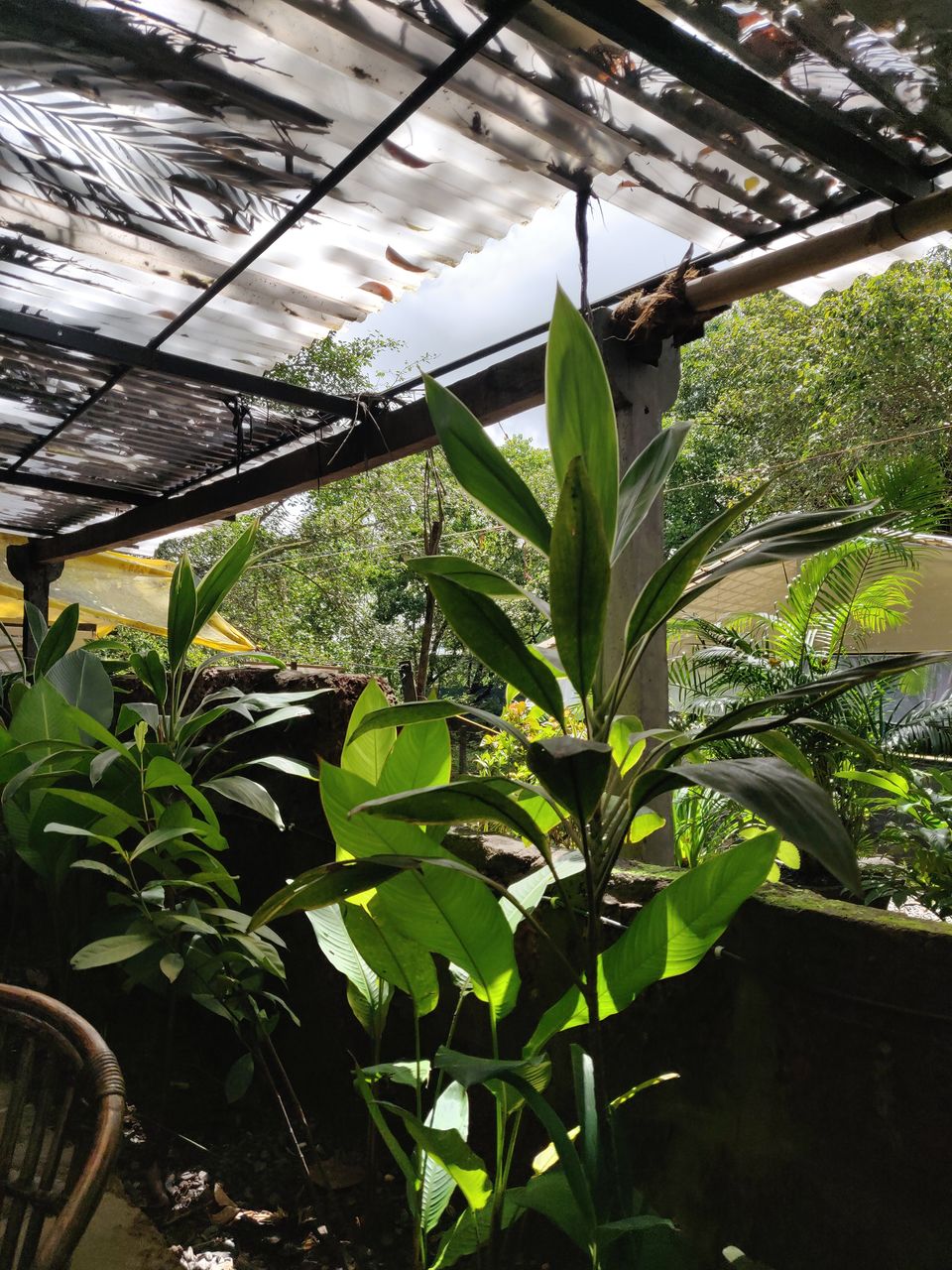
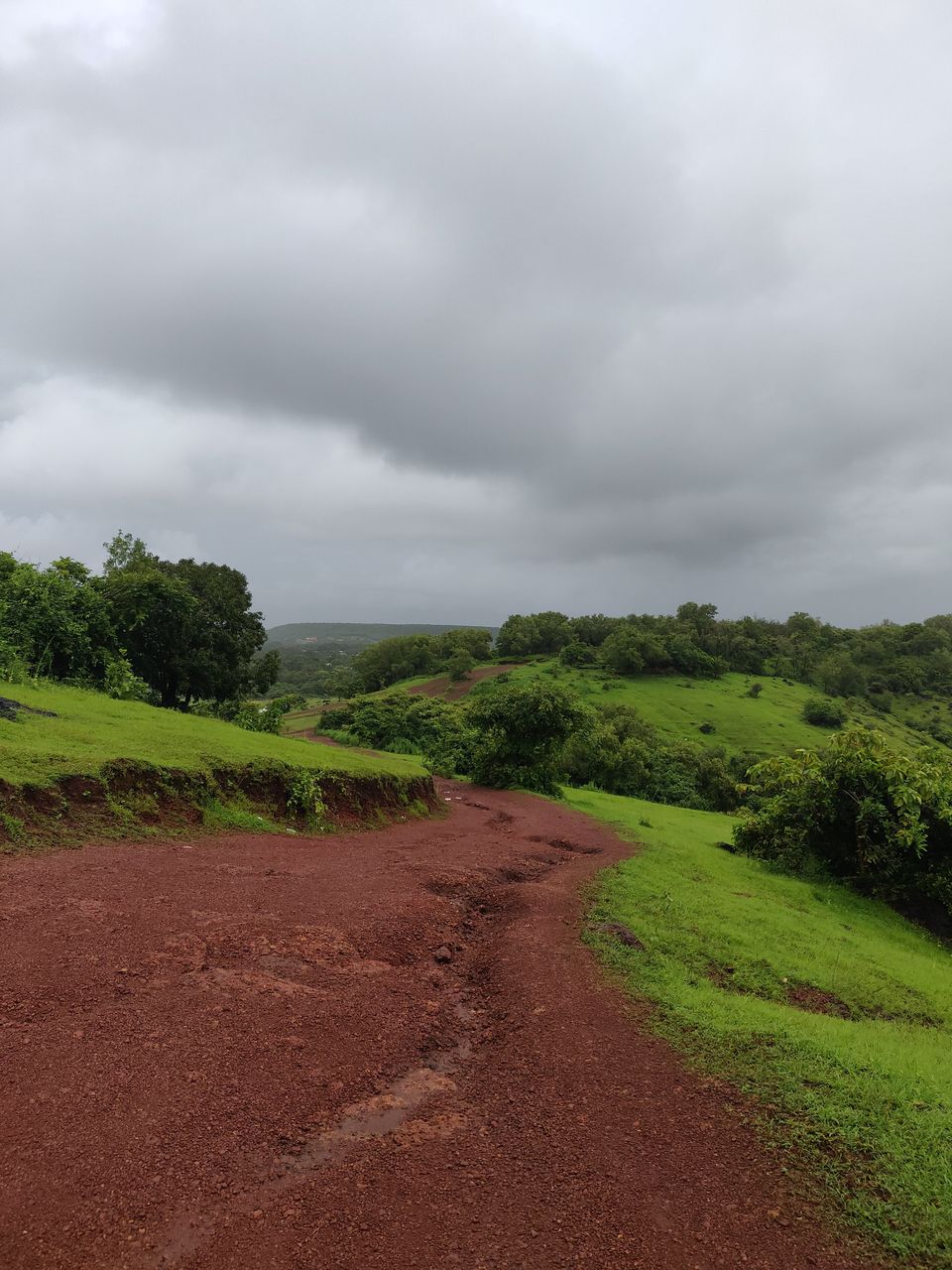
Unbelievable Magic and Destruction: Finding Hope in Goa During COVID-19
They often say life takes unexpected turns, like a mysterious calling that beckons us to explore new realms. My decision to move to Goa was an impulsive one, a detour before settling amidst the mountains for the rest of my days. My journey began from the northern part of Goa, a place that was worlds apart from what I had known.
The first thing that struck me was the omnipresence of a blue deity governing the surroundings. Goa was a blend of the unfamiliar and the chill of an otherworldly charm. The towering trees, less dense than what I was used to, held an inexplicable warmth, unlike the cold stains of my previous reality. The tropical ambiance tantalized with a promise of forever, ensnaring me in its coastal embrace.
Five years in Delhi had molded me, a period of both growth and heartache. The city had been my teacher, showing me the spectrum of life. However, a shiny breakup had left me emotionally fragmented, succumbing to overthinking and emotional detachment. Amidst this internal chaos, the pandemic emerged, and life as we knew it ground to a halt.
Astonishing feats and heart-wrenching tragedies unfolded. Lives were lost, while others clung to fragments of hope.
Leaving behind my beloved Delhi due to the pandemic, I realized that the world had paused for a brief moment. Train stations stood vacant, classrooms empty, and even government buildings seemed frozen. At 25, I stood witness to a world in hibernation, a story I would later recount to generations that followed. The sky above Delhi had never been clearer, and rain felt like a benediction from the heavens.
This dichotomy between magic and destruction became a recurring theme. Lives were lost, and yet, some discovered newfound hope.
As I settled into the routine I had grown accustomed to, I began to sense a disquieting realization. The life I believed suited me, the life I had embraced for half a decade, was proving insufficient. The pandemic illuminated the flaws in my perspective. The twenties were an enigmatic era, marked by confusion and doubt. But above all, life itself was the grand prize. Each breath was a testament to our existence, a reminder that we were fortunate to be alive on this planet. The pandemic wasn't a catastrophe; it was Earth taking a break.
Armed with newfound wisdom, I packed my essentials and divested myself of possessions. Returning to my hometown, nestled in the embrace of the lower Himalayas, was an inevitable choice. Yet, the transition from solitary city living to rejoining my bustling middle-class family was a Herculean task. Balancing mundane chores, remote work, and familial responsibilities was akin to juggling fire. But gradually, I found solace in the simplicity of life—filling water bottles, restoring borrowed objects to their rightful places, and even the act of meticulously garnishing food. Ironic as it may seem, I now yearn for that drama.
The drama of that period revealed how oblivious I had been to the warmth of family. For eight years, I had lived without truly noticing the presence of my home. I had felt like an orphan, adrift in the city's fast-paced tide. The pandemic bridged that gap, leading me back to my roots. I made a vow: I would dedicate at least two or three months to my family each year. This transformation was the pandemic's gift, an unexpected chapter in my life's narrative.
But before delving into that saga, let's rewind to the moment I embarked on a whim and journeyed to Goa—a realm entirely different from my mountain dreams.
Navigating the Shift: Relocating to Goa During COVID-19
In accordance with domestic travel regulations, a negative COVID-19 report was not a prerequisite. However, foreign travelers were subject to different rules. Armed with my negative certificate, I felt as if I carried a passport to enter Goa.
For those planning a long-term stay in Goa, securing a place to work remotely while blending with the local scene is essential. Presenting a COVID-19 certificate to the landlord not only dispels any pandemic-related concerns but also fosters community understanding. With Goa progressively reopening and locals striving to strike a balance between economic needs and health safety, this approach offers peace of mind.
Embracing the "Slow Life" in Goa
Although I'm not naturally drawn to the sea, my appreciation for the surrounding nature eclipses all else. Experiencing Goa during the pandemic was serendipitous. I crossed paths with fellow travelers who had become long-term residents and locals who possessed an insider's perspective. It was a fortunate encounter with diverse individuals that characterized my first visit to Goa.
With a one-way ticket, 32 kilograms of baggage (excluding myself), and a COVID-19 negative certificate, I embarked on my South Indian adventure. I was a stranger, ready to explore Goa's diverse offerings.
The Call of Goa and a Minor Setback
The transition wasn't devoid of challenges. Upon my arrival, I encountered an unsettling incident involving the resort owner where I intended to stay and work. Despite his claims of being an avid traveler, his demeanor betrayed his true nature—an embodiment of the unfortunate "Indian Trash" archetype. He employed manipulation tactics, tugging at my empathy with stories of loneliness and victimhood. This encounter was a stark reminder of how some individuals breach personal boundaries under the guise of vulnerability. Their unwarranted physical contact leaves the recipient questioning their own values.
Amid tears on the desolate roads of Aarambol, a corner of Goa I had chosen, I reached out for help. I voiced my concerns, confessing my feelings of vulnerability and objectification. Doubts clouded my judgment, but I refused to succumb. I reassured myself that this phase would pass, and a safer haven awaited. Patience became my greatest challenge, a test I grappled with as I awaited better days.
The journey continued as I sought refuge among Russian hippies, an experience I will recount in Part 2 of my Goa adventure...
















